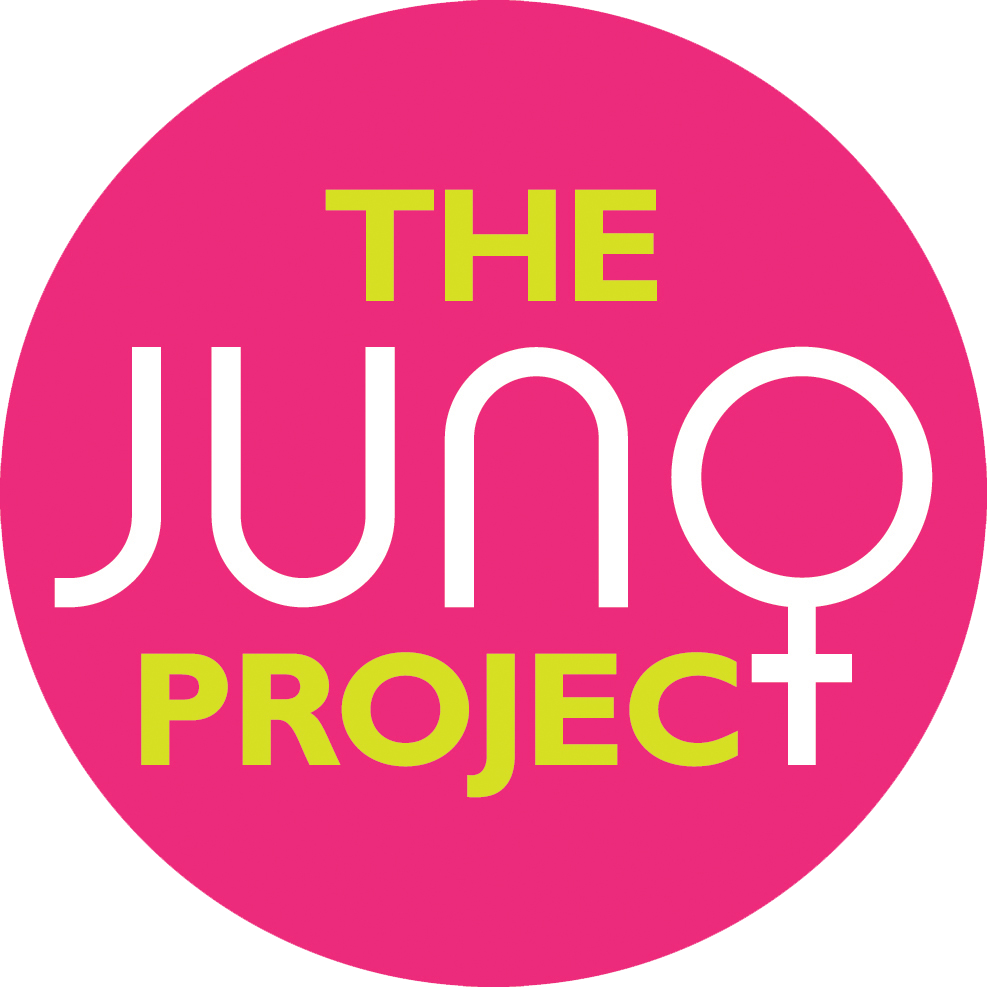What’s the biggest obstacle to helping young women reach their full potential?
Source: Adobe Stock
Natalie is 15 years old. She has no brothers and sisters and lives with her mum, who struggles with alcohol and drug addiction. Her attendance at school can be sporadic, she says the teachers don’t understand her and she doesn’t see the point of school. In addition, Natalie often stays out late with an older boyfriend, drinking alcohol and undertaking risky behaviour, leading her to miss school.
That was until Natalie attended one of the programmes devised and delivered by us, The Juno Project, at her school. While Natalie was initially reluctant – feeling that she had been singled out for the programme for bad behaviour – she enthusiastically embraced the sessions. The programmes that The Juno Project deliver are based on providing a safe, non-judgmental space where specially trained facilitators help young women like Natalie explore relationships, with themselves and with others, identity and self-image, self-esteem and self-care strategies and managing worries and anxiety.
Natalie still has many challenges to face, but she says she has come out of the programme with a nascent sense of confidence about her future. Her attendance at school has increased, and she has learned to identify what a positive relationship looks like. In addition, she worked on a plan for her future, what GCSEs she would need to achieve in order to follow her aspirations. To date, almost all young women like Natalie that go through the programme report increased belief in themselves and their futures. 'Thank you for all the sessions. It was all amazing...even though I've been through hard times, I've still got a chance to make it better and that's thanks to you,' is just one example of the feedback that we get.
Crisis in funding
Source: Unsplash
But programmes like these are not free to run. The Juno Project relies on funding from varied sources to be able to continue its work. In a difficult economic climate, charities are feeling the brunt of reduced funding across the board. But the problem is so much more acute for charities that focus on women and girls.
In 2023, Rosa, an organisation that was formed to address the acute lack of funding for the women and girls’ sector, published the results of a mapping exercise of the voluntary funding landscape in 2021, to discover where available funds were going. It makes for grim reading.
The research reveals that in 2021, a total of £4.1 billion worth of grants was awarded to charities, but the women and girls sector received just 1.8% of these. These statistics break down further - ‘one-third of all grants for ‘women and girls’ focussed activity – worth £24.7m – went to organisations with no specific focus on women and girls.’In addition, ‘the majority of grants given to women’s and girls’ organisations were for less than £10,000… Micro and small organisations make up 86.5% of the sector by number, yet they receive just 3.9% of the total income.’
The Rosa research shows that the women and girls’ sector is suffering from severe underfunding compared to some other causes. A high proportion of organisations in this sector are micro charities (68%), with a diverse remit and impressive collective reach across the UK, often plugging key gaps in national provision and doing vital work in communities. They tend to rely more on volunteer support than organisations in other sectors.
Outcomes for women
In 2022, the UK parliament published an article examining the economic well-being, health and welfare, safety and opportunity of women and girls. Among its findings was the continuing gender pay gap, with women earning on average lower wage levels than for men women. It also reports on a gender health gap, particularly around mental health, where young women make up the highest-risk group. The report talks about the prevalence of violence against women and girls, where again, young women are at the highest risk.
It's against this backdrop that The Juno Project delivers its programmes, and we are working hard to empower young women with complex and often disadvantaged backgrounds to take control of their narratives, to understand and explore their experiences, behaviours and beliefs and become more self-aware, confident and to build positive relationships.
As well as our programmes in schools aimed at teenage girls, we have also just launched our REALationships workshop to give young women the tools they need to recognise and act when relationships they are in (or their friends are in) are unsafe.
Tackling bias in funding
However, as a micro-charity operating in the women and girls’ sector we are suffering from a lack of substantial and sustainable funding, despite our best efforts.
The competitive nature of the funding landscape in general, particularly for core costs (such as salaries and other overheads), combined with the acute lack of funding which has been made available for this sector, means that we are at real risk of not being able to continue to deliver our services long term.
We ask any funders who are reading this to be mindful when they are making grants, to consider any bias, and to champion and invest in The Juno Project and other women and girls’ organisations. We are a small charity but our impact is massive. There are thousands of Natalie’s that we would like to reach. You can help us get there.
If you would like to make a donation to help us continue our work, please support us here.


